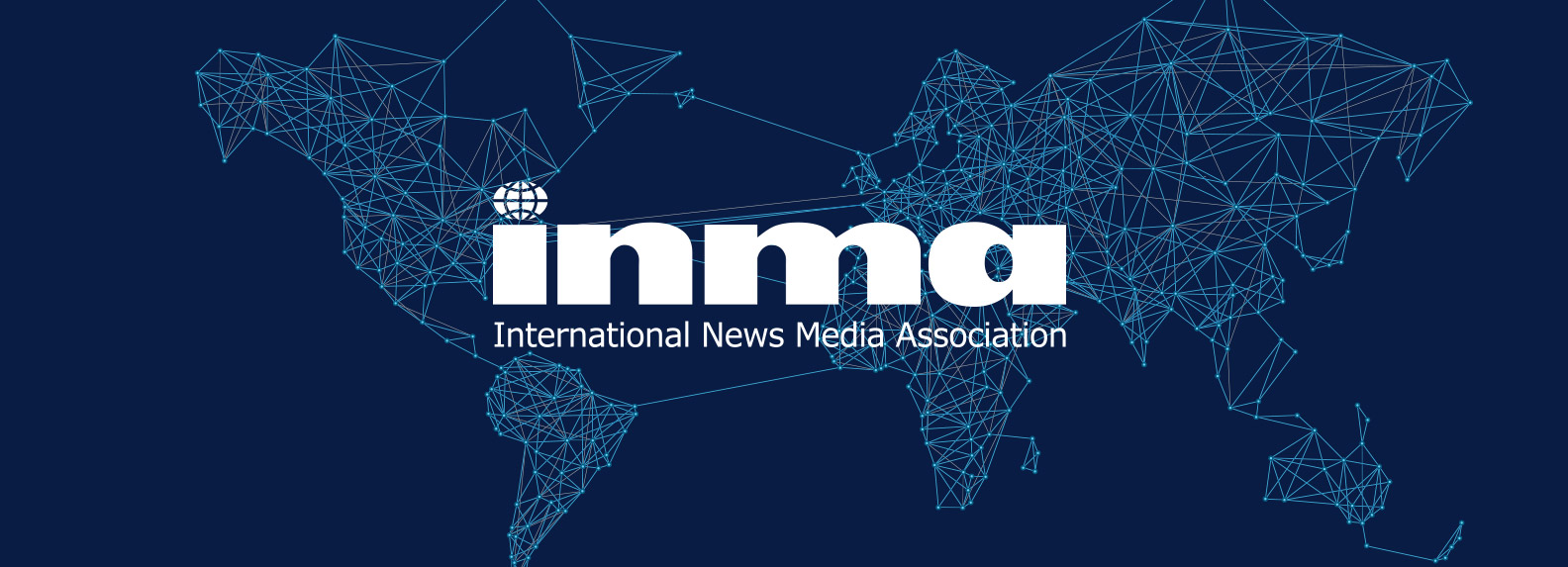Dead Aid: Why Foreign Assistance Isn't Working for Africa - Graphic Online
However, Dambisa Moyo's book "Dead Aid: Why Aid is Not Working and How There is a Better Way for Africa" presents a scathing critique of this approach, arguing that it's not only ineffective but actually harmful to the continent's development.
At the heart of Moyo's argument is the notion that foreign aid creates a culture of dependency in Africa.
By relying on external assistance, African governments are less accountable to their citizens and more focused on securing aid dollars.
This can lead to a lack of investment in domestic revenue mobilization and a failure to develop sustainable economic policies.
For instance, in Zambia, the mining industry's dependence on foreign aid and investment has hindered the development of local
capacity and revenue generation.
Furthermore, aid can distort local economies by creating artificial demand for certain goods and services, rather than promoting sustainable economic growth.
Food aid, for example, can undermine local farmers, as seen in Ghana where imported food aid has negatively impacted local rice farmers.
Infrastructure projects may also not be tailored to the specific needs of the local economy, as observed in the case of roads built primarily for aid delivery rather than economic development.
Another significant issue with foreign aid is corruption. Aid provides opportunities for officials to siphon off funds for personal gain, undermining trust in government institutions and hindering development progress.
Moyo contends that this perpetuates poverty and inequality, rather than alleviating them.
The lack of transparency and accountability in aid distribution can exacerbate these problems, making it difficult to track how funds are being used and whether they are achieving their intended goals.
However, it's essential to acknowledge that aid can play a critical role in humanitarian crises, such as natural disasters or conflict zones. In these situations, aid can provide vital support to affected populations.
Nevertheless, Moyo's argument emphasizes the need for a more nuanced approach to aid, one that prioritizes sustainable development and local capacity building.
Moyo suggests that African countries should focus on increasing trade with emerging economies to stimulate economic growth.
This could involve reducing trade barriers and investing in infrastructure to facilitate trade and economic integration. For example, the African Continental Free Trade Area (AfCFTA) aims to create a single, large market for African countries, promoting
economic integration and increasing the continent's global competitiveness.
Rwanda's efforts to simplify trade regulations and invest in infrastructure have already shown promising results in boosting trade and economic growth.
Additionally, countries can tap into capital markets to finance development projects, rather than relying on aid. By encouraging domestic savings through remittances and microfinance, African countries can also reduce their reliance on foreign aid and promote sustainable economic development.
Kenya's mobile-based savings platform, M-Shwari, has successfully increased financial inclusion and domestic savings.
Investing in infrastructure is crucial for Africa's development. Developing infrastructure such as roads, bridges, and ports can facilitate trade and economic growth. The construction of the Addis Ababa-Djibouti railway has improved trade links between Ethiopia and Djibouti, reducing transportation costs and increasing economic cooperation. Regional integration can also help African countries pool their resources and increase their bargaining power in global trade negotiations.
By supporting small businesses and entrepreneurs, African countries can stimulate entrepreneurship and create jobs, driving economic growth and development. For instance, South Africa's Small Enterprise Finance Agency provides funding and support to small businesses,
promoting entrepreneurship and job creation.
Trading with emerging economies like China and India can provide new opportunities for African countries to stimulate economic growth. China, in particular, has become a major trading partner for many African countries, investing in infrastructure projects and promoting economic cooperation.
However, it's essential to acknowledge the potential risks and challenges associated with relying on emerging economies, such as unequal trade relationships or environmental degradation.
To mitigate these risks, African countries can focus on building local capacity and promoting African-led solutions to African problems. This requires a fundamental shift in the way aid is delivered and used, with a focus on empowering local institutions, promoting entrepreneurship, and investing in infrastructure.
Successful development models, such as South Korea and Singapore, demonstrate the potential for rapid economic growth and development through strategic investment, innovation, and trade.
These countries have leveraged foreign investment and technology to drive economic growth, while also investing in human capital and infrastructure.
By exploring alternative solutions and taking control of their own development, African countries can create a more sustainable future and break free from the cycle of aid dependency.
As Moyo argues, it's time to rethink the way we approach development in Africa and focus on creating long-term prosperity through investment, trade, and entrepreneurship. By doing so, Africa can unlock its vast economic potential and create a brighter future for its people.










